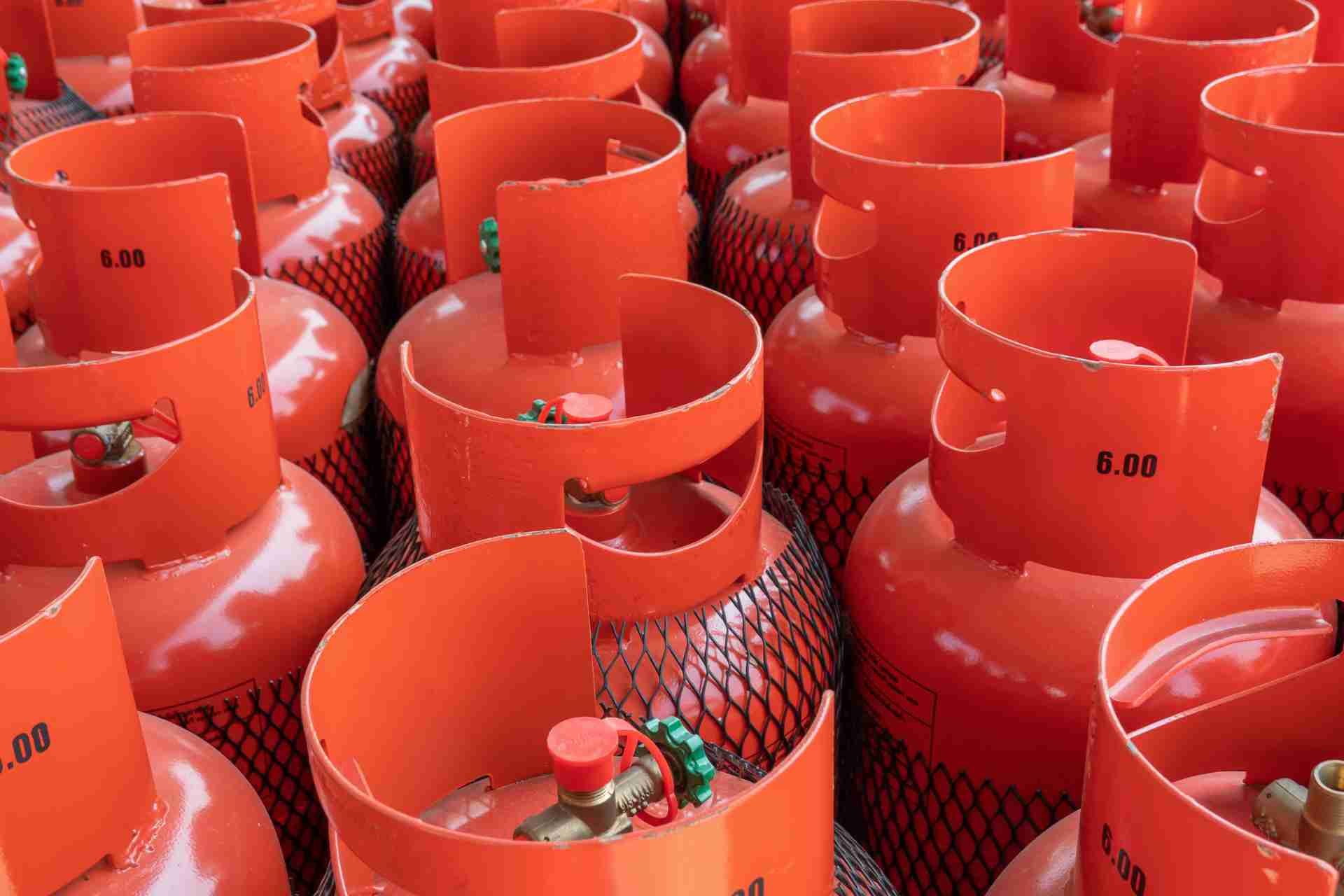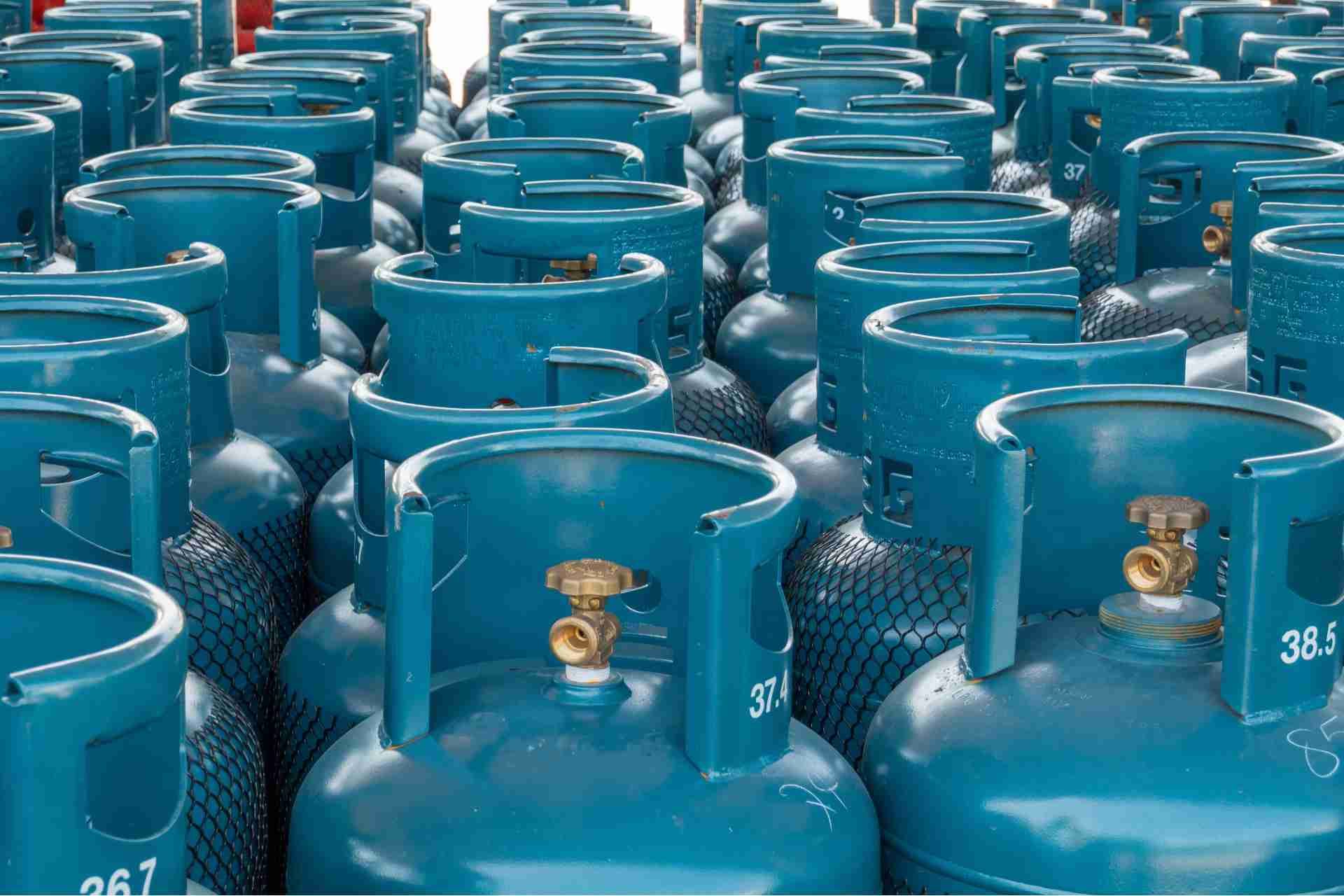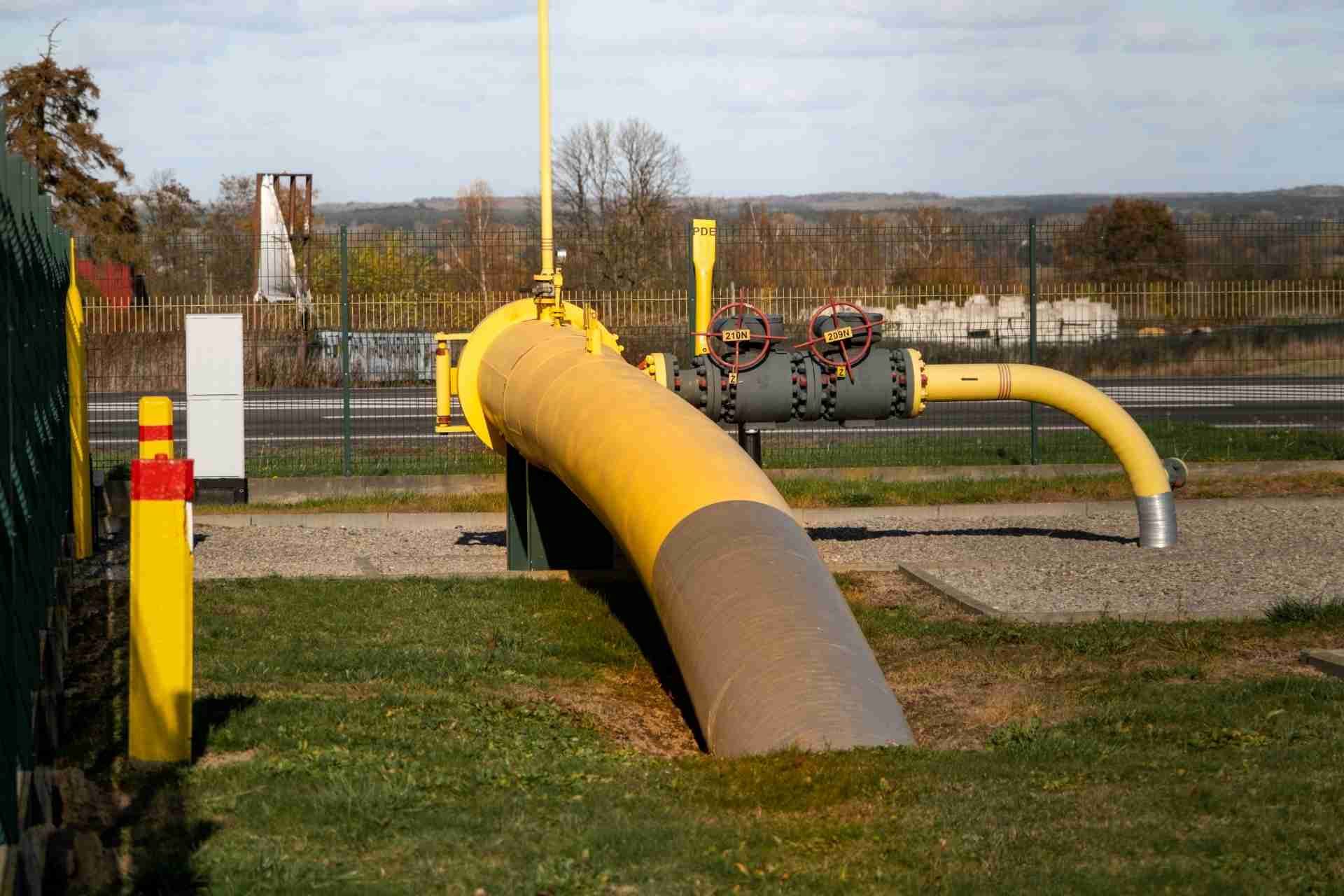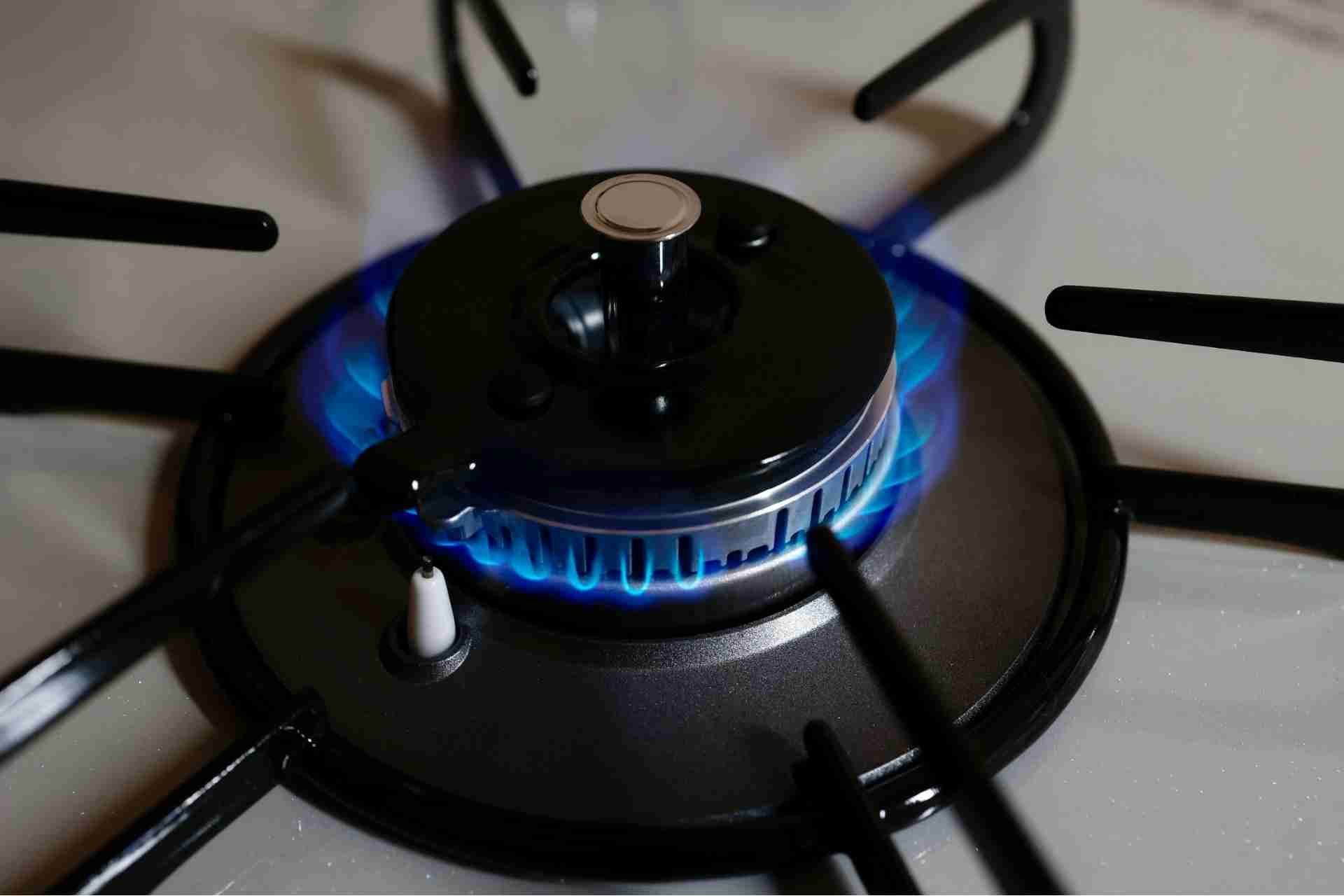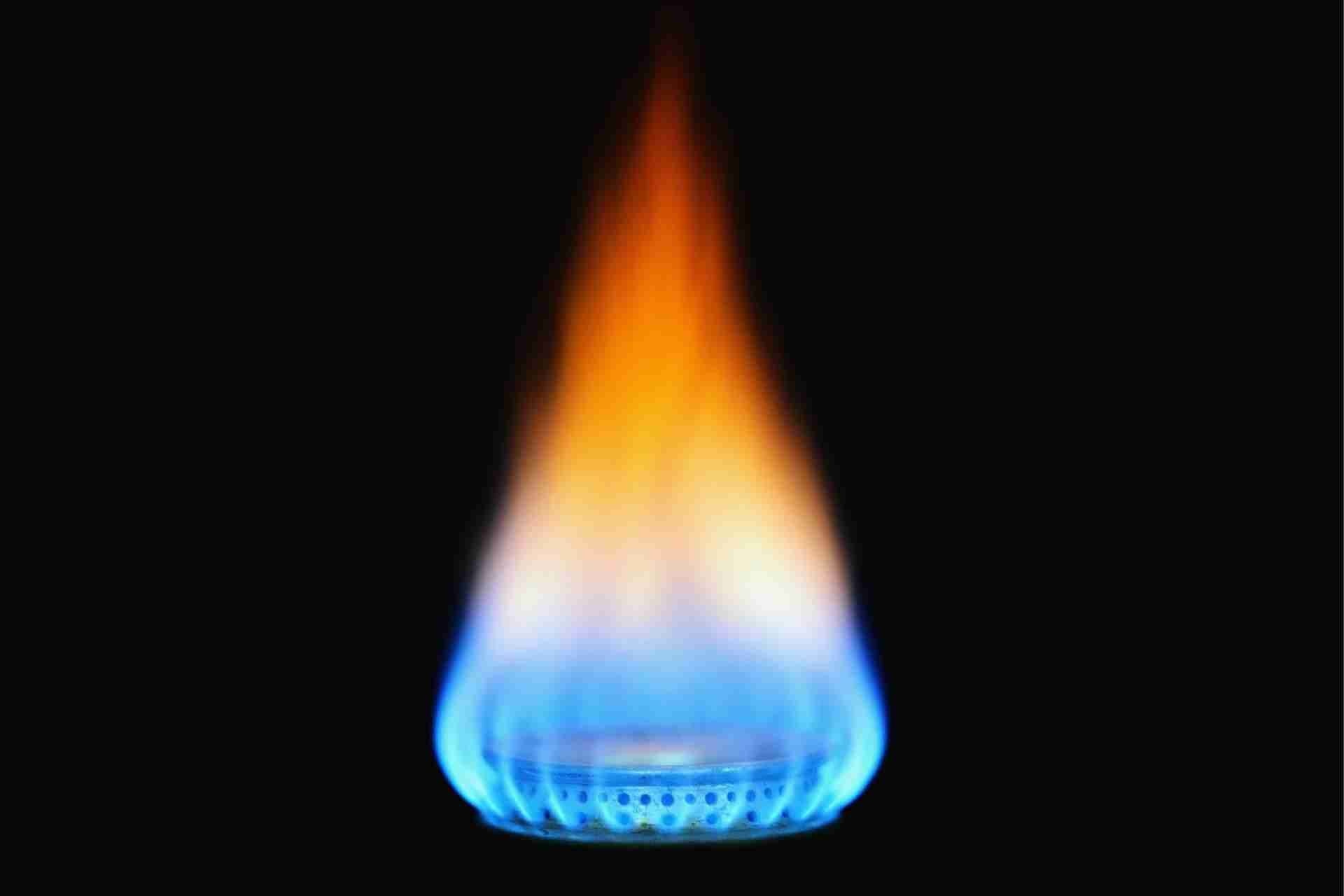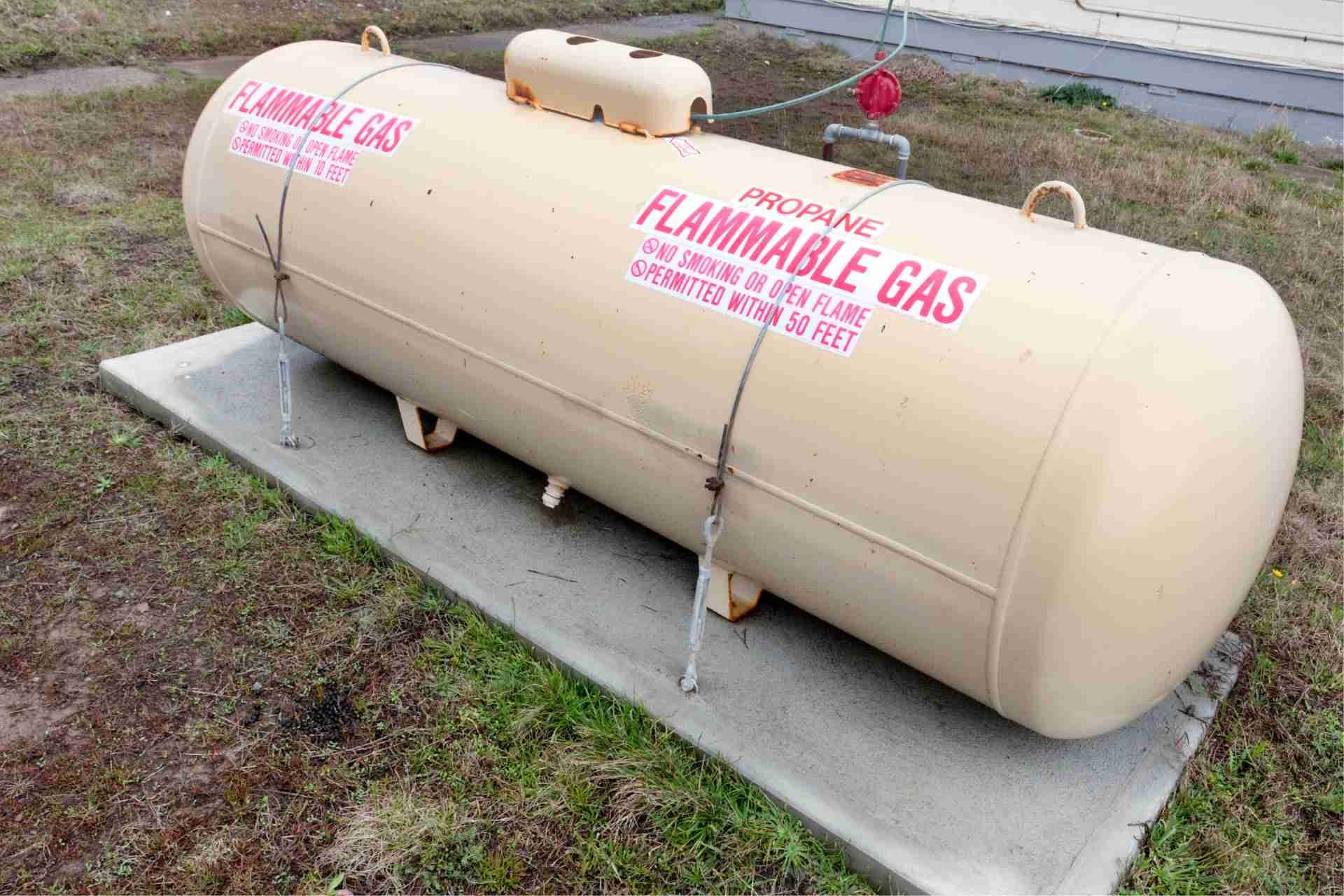Is Propane a Clean Energy Source?
Imagine a tranquil evening with a warm glow emanating from your outdoor propane fire pit. But is propane a clean energy source?
The debate surrounding propane as a clean energy source is multifaceted, taking into account various aspects such as its environmental impact, advantages, and drawbacks.
As you evaluate the role of propane in the realm of sustainable energy, you'll uncover compelling insights that may reshape your perspective on its use.
Environmental Impact of Propane
When considering the environmental impact of propane, it's important to analyze its carbon footprint and emissions compared to other energy sources. Propane is known for burning cleaner than many other fossil fuels, emitting lower levels of greenhouse gases and pollutants. This makes it a more environmentally friendly option for heating homes, powering appliances, and fueling vehicles.
Compared to gasoline and diesel, propane produces fewer harmful emissions such as carbon monoxide, nitrogen oxide, and particulate matter. It also has a lower carbon content, leading to reduced greenhouse gas emissions when combusted. In addition, propane is non-toxic and insoluble in water, minimizing the risk of soil or water contamination in case of a spill.
Furthermore, propane is a versatile energy source that can be sourced domestically, reducing reliance on imported fuels and promoting energy independence. Its efficient combustion and lower emissions make it a cleaner alternative for various applications, contributing to a more sustainable energy mix.
Advantages of Propane as Fuel
Propane serves as a versatile and environmentally friendly fuel option for various applications, offering numerous advantages over traditional fossil fuels.
- Clean and environmentally friendly: Propane is a clean-burning fuel that produces significantly fewer emissions than other fossil fuels such as gasoline and diesel. This makes it a more environmentally friendly option for powering vehicles and equipment, as well as for heating homes and businesses. In fact, propane is listed as a clean alternative fuel by the Clean Air Act and the Energy Policy Act of 1992.
- Energy efficiency: Propane is a highly efficient fuel that can help reduce energy costs and consumption. Propane appliances tend to be more energy efficient than their electric counterparts, which can result in lower utility bills and reduced greenhouse gas emissions. For example, propane-powered water heaters, furnaces, and stoves are known to be more efficient than electric models.
- Versatility: Propane can be used for a wide range of applications, making it a versatile fuel source. It can be used to heat homes, fuel vehicles, power generators, and run appliances such as stoves, dryers, and grills. Propane is also commonly used in industries such as agriculture, manufacturing, and construction as a clean and cost-effective fuel option.
- Easy to store and transport: Propane is a portable fuel that can be easily stored and transported in tanks or cylinders. This makes it a convenient option for powering vehicles and equipment in remote locations where access to other fuel sources may be limited. Propane tanks can be safely stored above or below ground, making it a flexible solution for residential and commercial customers.
- Cost-effective: Propane is a cost-effective fuel option that can help businesses and homeowners save money on their energy bills. Propane prices tend to be more stable than gasoline and diesel prices, which can fluctuate due to factors such as supply and demand, geopolitical events, and weather patterns. Additionally, propane appliances are known for their longevity and low maintenance costs, which can further contribute to overall savings.
Disadvantages of Propane Usage
Despite the numerous advantages of propane as a clean and efficient fuel source, there are several notable disadvantages associated with its usage that warrant consideration. One significant drawback of propane is its flammability, making it a safety concern if mishandled or stored improperly.
Additionally, propane is a greenhouse gas when released into the atmosphere, contributing to environmental pollution and climate change. The transportation of propane also poses challenges due to the need for specialized storage and handling equipment, leading to increased costs and logistical issues.
Moreover, propane prices can be volatile, influenced by factors such as supply and demand fluctuations, geopolitical events, and weather conditions. Another disadvantage is the limited availability of propane refueling stations compared to traditional gasoline or diesel stations, which can be inconvenient for users, especially in remote areas.
These drawbacks highlight the importance of weighing the pros and cons of propane usage to make informed decisions regarding its suitability as an energy source.
Comparison With Other Energy Sources
Comparing propane with other energy sources reveals key differences in cost-effectiveness and environmental impact. Propane is often more cost-effective than electricity when used for heating, cooking, and even transportation. While electricity prices can fluctuate based on demand and the source of generation, propane prices tend to be more stable. Additionally, propane is a versatile energy source that can be used in off-grid areas where electricity may not be readily available or cost-effective to install.
Compared to traditional fossil fuels like coal and oil, propane burns much cleaner, emitting fewer greenhouse gases and pollutants. Natural gas, another commonly used energy source, is cleaner burning than coal or oil but still produces more emissions than propane. In terms of environmental impact, propane is considered a cleaner option that can help reduce carbon footprints, especially when used in high-efficiency appliances and vehicles. When considering the overall cost-effectiveness and environmental impact, propane emerges as a competitive and cleaner alternative to many other energy sources.
Propane's Role in Sustainable Future
To envision a sustainable future, understanding the pivotal role of propane in reducing emissions and promoting cleaner energy practices is essential. Propane plays a significant part in sustainable energy solutions due to its lower carbon content compared to traditional fuels like gasoline or diesel.
As a clean-burning fuel, propane emits fewer greenhouse gases and pollutants into the atmosphere, contributing to improved air quality and reduced environmental impact.
In addition to its environmental benefits, propane offers versatility in applications ranging from heating homes and powering vehicles to serving as a reliable energy source for off-grid locations. Its efficient combustion process not only reduces carbon dioxide emissions but also minimizes harmful byproducts that can harm ecosystems and human health.
Conclusion
Propane can be considered a relatively clean energy source compared to traditional fuels like gasoline or diesel. It has lower emissions and can be a more sustainable option for heating, cooking, and transportation.
While it may not be completely without drawbacks, its advantages make it a viable choice for those looking to reduce their environmental impact.
When used responsibly and efficiently, propane can play a significant role in creating a more sustainable future.
